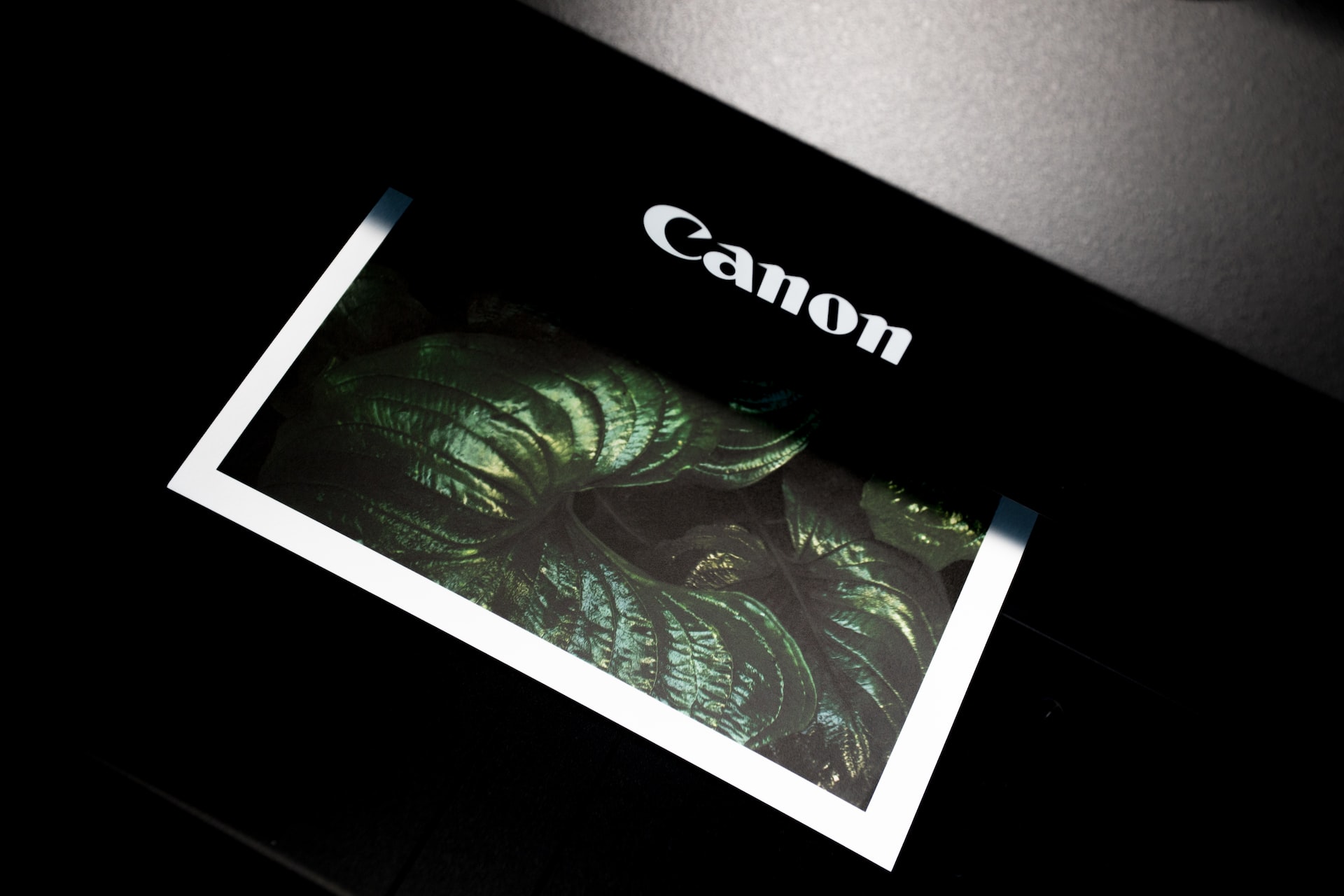Zomato-owned instant delivery company Blinkit has begun with a never-thought-of service in Gurugram. This time, their focus is not on delivering quick meals, alcohol, or fresh meat, for that matter, to uphold their expansion plans but its last-minute printout needs that every student faces.
Surprising to many, Blinkit has started providing printout service in Gurugram, charging a nominal amount of Rs 9 per page for black and white print out and Rs 19 for color. In addition to the payment for printouts, customers are charged a delivery fee of Rs 25 on every such order.
If compared with the total cost charged by Blinkit for a print out, then buying printouts from a nearby shop would be a cheaper option for many people, especially residing in the areas where there are many prinout shops or is campus area. Charges levied by a printout shop or cyber cafe range from Rs 3 to 5 for black and white print in the areas of Delhi (where the company further eyes on to set a foot), while a colored printout costs Rs 15.
“Have never had a printer at home and getting it from a cyber cafe or library or neighbors or offices has always been cumbersome especially when it’s needed at the point of approaching deadlines,” said Jitesh Goel, Product at Blinkit.
“This should be useful, especially at the rates it is available at. You just have to upload the file and we will deliver it to you in minutes. And we will delete the uploaded file after delivery. Do try it out and share your feedback,” he said in a LinkedIn post.
It is not clear yet, whether Blinkit has announced a 24*7 service or a day service. The need for last-minute printout generally arises when students forget to take printout of their project works and look for solutions in middle of night. If not, then, odd timings are a major factor. For a middle-class, buying printouts by paying delivery charges on top of paying for printed papers could be a matter of contemplation. So far, the company has launched its pilot project in posh areas.
On this print pilot project of the company, a Blinkit spokesperson said, “We intend to be an organization which is always innovating for our customers, and being able to provide services that help them lead better lives remains at the core of the Blinkit mission. We recently launched our print pilot in a few locations (including Sector 43 and Golf Course Road) in Gurgaon.”
Also Read: Grofers rebrands itself as Blinkit to focus on 10-minute grocery delivery
“We will look forward to launching the same in more locations (including Delhi) soon provided we notice the service being useful for our customers,” he added.
Blinkit currently plans to cover both the academic printing needs of students and the need of families for urgent documents such as passports, visas, rent agreements, etc. The company aims to spread its printout service in the future.
Online food aggregator Zomato acquired Blinkit for Rs 4,447 crore. Last year, it announced its ten minutes delivery service for all kinds of consumables. In elucidating the rationale behind the deal, Zomato CEO and co-founder Deepinder Goyal said, “Quick commerce will help us increase the customer wallet share spent on our platform and also drive higher frequency and engagement from our customers.”
The company sees the need for quick delivery services in all verticals from beauty & personal care, electronics, OTC pharma, stationery, to other gift items.
Segments besides grocery help quick commerce businesses churn out higher margins and attain higher AOVs (Average Order Value).
“Total commerce market in India is $1.3 trillion, and in the long term, we see quick commerce emerging as a significant channel of demand for customers at least in the top cities,” Goyal had remarked earlier.
According to the company, Blinkit’s losses are reducing every month, from ₹2,040 million (about $26 million) in January 2022 to ₹929 million ($12 million) in July. Blinkit’s annual turnover in the last three years has been– Rs 263 crore in FY22, Rs 200 crore in FY21, and Rs 165 crore in FY20.

